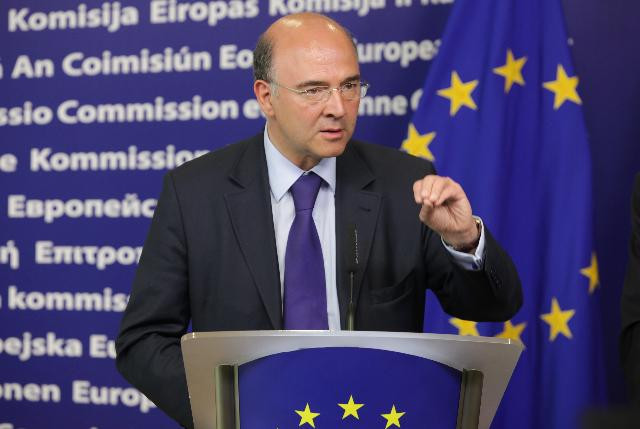In a speech before the European Parliament on Tuesday 14 November on the Paradise Papers, he referred to the proposals he had already made in June to increase transparency.
One proposal includes
“new transparency rules for fiscal intermediaries, lawyers, bankers, consultants who sell fiscal optimisation schemes. They would have to systematically declare them to the tax authorities of the client. If these schemes are deemed illegal, tax authorities could launch inquiries. If they are legal, the tax authorities would be able to detect the loopholes and close them.”
Moscovici called on the Council to adopt this proposal within the next six months, as it was a “simple proposal and therefore a question of political will.”
Aggressive tax planning and tax avoidance are not illegal in themselves, but they are controversial and in some cases could hide illegal activities.
Furthermore, he called on the adoption of the proposal to disclose the effective beneficiaries, in an effort to fight money laundering. This law would also help fight against “the opaque structures that the Paradise Papers have put to light.”
However, he said that negotiations were sluggish on this point, and that citizens would not understand the inaction after the revelations.
However, this proposal may violate the confidentiality clause for tax advisors.
Reuters reported that:
“Luxembourg and the Netherlands are the EU countries with the largest volume of assets held in financial vehicles owned by corporations that shift funds within companies across borders, data cited by the European Central Bank in an October report show. In total, those corporations hold about 10 trillion euros in the two countries, ECB data show, making up around one-eighth of the euro zone’s entire financial system. The entities are “mainly set up in Luxembourg for financial engineering and tax-planning purposes,” a report prepared for the Grand Duchy’s central bank, and cited by the ECB, said in April. The report on the country’s shadow banking system added that most of these companies “have virtually no physical presence in Luxembourg.”
Country by country reporting
The tax commissioner said he was particularly in favour of the country-by-country reporting, which would “give every citizen unprecedented power of control and pressure.”
He also called for a European black list of tax haven at the next council of finance ministers on 5 December.
Fiscal convergence
Moscovici said that the absence of common rules in Europe favoured companies pursuing aggressive fiscal optimisation. He called for the adoption of a common corporate tax base. ACCIS would limit even more the artificial transfers of profits between countries within the next year.Mots clefs
